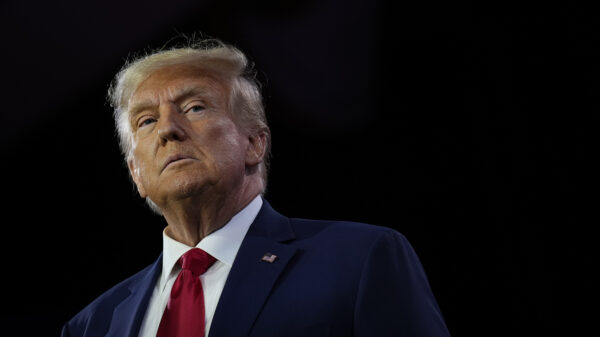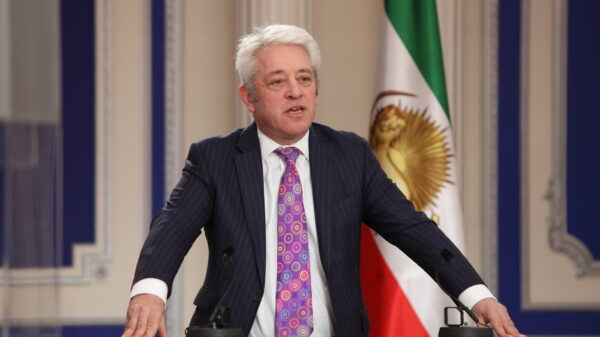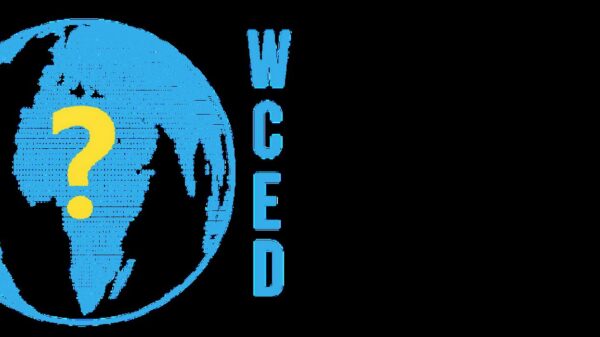Things are looking up on Wearside at the minute. Sunderland sit atop of the Championship with four wins in their first four games and fresh hope of making it into the Premier League after what would be 8 years of footballing obscurity. Sunderland fans have had a rough time of it as of late. They suffered back to back relegations for the first time in their history between 2016-2018, and spent a gruelling 4 seasons in the third tier of English football all whilst having their misery documented by a Netflix show that would have been well received by their Geordie neighbours.
Sunderland’s journey back to relevance has been made all the more remarkable by having the youngest owner in the footballing world, the 26-year old Kyrill Louis-Dreyfus, in charge of the club. The wealth of Louis-Dreyfus and his famous family is well documented, but less well known is the number 2 within Sunderland’s ownership structure; Juan Sartori. Sartori is a well-known public figure in Uruguay, running for President in 2019 as a political newcomer and coming second in his party’s nomination behind the current President. Sartori has so far kept out of the limelight during his time in England, and for good measure too. Given that fit and proper ownership is expected to be a key feature of a revamped football governance bill scheduled to be passed this Parliament, Sartori will likely be in the crosshairs of football regulators.
Sartori is currently embroiled in a case in the UK high court involving claims of fraud, negligence, and conspiracy against himself and his company, Union Group International Holdings. The claim alleges that Sartori repeatedly misled investors into investing into shares of a related company, falsely representing both the value and risk of said investment. While this case alone could warrant an investigation by the FA, a closer inspection of Sartori’s business dealings over the years reveal a troubling pattern of behaviour that ought to disqualify him from football ownership in this country.
Back in 2007, at the beginning of his business career, Sartori owned a blueberry farm that was struggling to attract external investors. Sartori, only 26 at the time, would go on to falsely represent and exaggerate the business to investors, going as far to describe his business partner as the only ‘agronomist’ with a doctorate in the whole of Uruguay. This deception would lead to large investments that gave rise to Sartori’s Union Agriculture Group (UAG) that later came to own 1% of all Uruguayan land.
While leading UAG, Sartori would also be regularly described as a Harvard graduate in annual reports and documents prepared for potential shareholders. Before UAG was scheduled to be listed on Wall Street, questions began to emerge around the authenticity of this claim, eventually leading to Harvard University confirming that Sartori did not in fact appear in its directory of alumni. The lies eventually caught up with Sartori when it came to UAG, as he was left his leadership role in the aftermath of further allegations of using his position for personal gain. He reportedly orchestrated a questionable deal in which he advised a client of his separate investment company to purchase shares in a rice company, then having UAG buy those same shares at a significantly higher price.
Following his departure from UAG, Sartori embarked upon an ultimately unsuccessful bid for Presidency of Uruguay in 2019, finishing second in his party’s primaries following a highly publicised campaign. Following his campaign, allegations of Sartori’s sketchy past reemerged, his press chief during the election and subsequent election as Senator resigned in spectacular fashion, accusing Sartori of ‘selling smoke’ and stating that ‘she does not believe him anymore’. Also making headlines during the campaign was Sartori’s close relationship with his father-in-law, the Russian oligarch, Dmitry Rybolovlev, who was charged with corruption in a huge art fraud case.
With Sunderland on the march back to the Premier League, the focus must be on building a stable, successful future. However, Juan Sartori’s history of fraud and deception makes him unfit for football ownership, especially as stricter regulations loom. If Sunderland is to thrive at the highest level, the club needs owners who embody transparency and integrity – qualities Sartori has repeatedly failed to demonstrate.


































